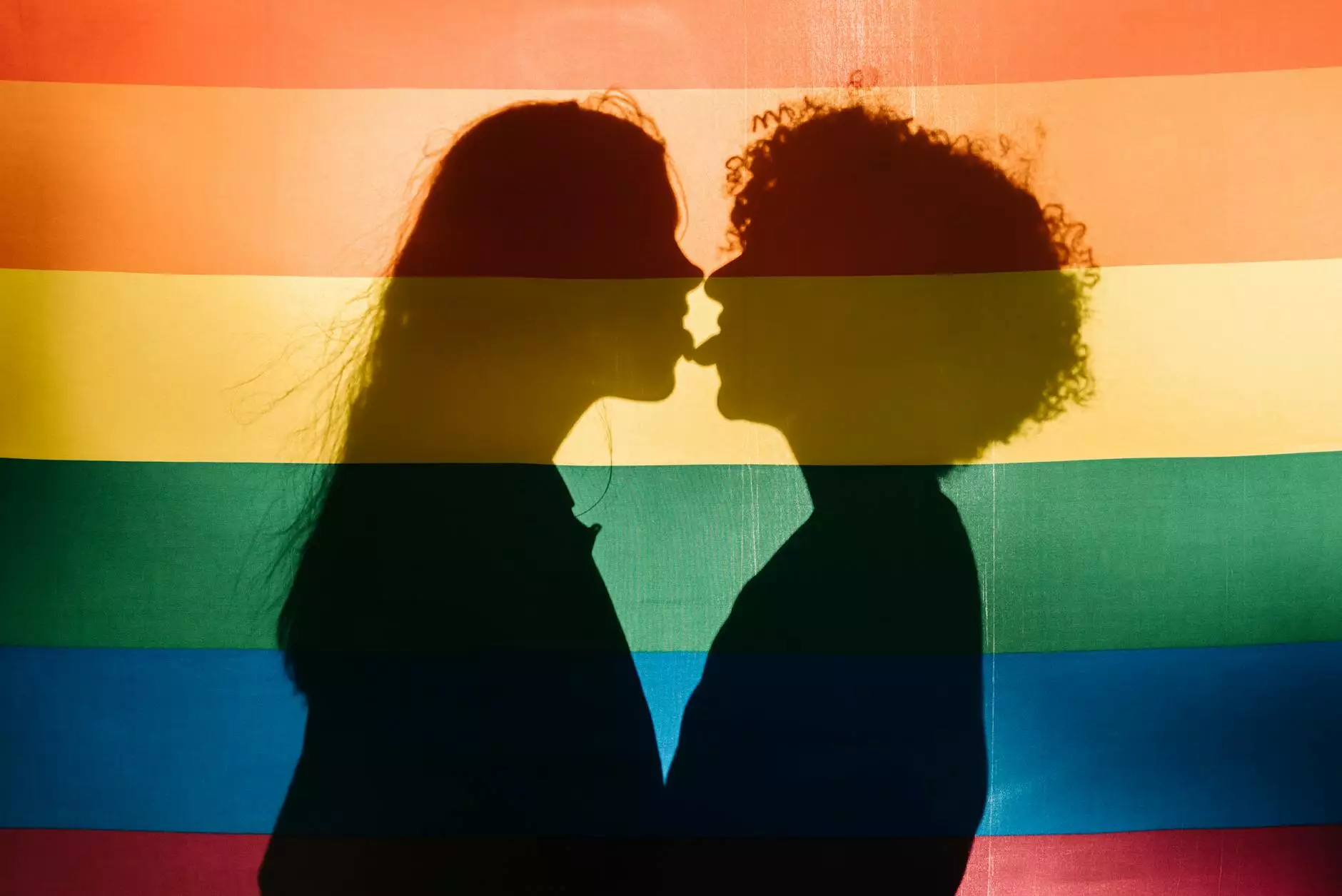How Reversing Roe v. Wade Impacts the LGBTQ Community
Lifestyle
Welcome to Ageless Wisdom Magazine, your go-to source for thought-provoking articles and in-depth analyses in the lifestyle category.
The Significance of Roe v. Wade
Before we delve into the profound implications of reversing Roe v. Wade on the LGBTQ community, let's first understand the significance of this landmark case in shaping reproductive rights in the United States.
Roe v. Wade, a landmark Supreme Court decision in 1973, legalized abortion nationwide. This ruling granted individuals the constitutional right to privacy, including the right to choose whether to have an abortion or not. It was a watershed moment for women's reproductive rights, and its impact has reverberated throughout society for nearly five decades.
The Potential Reversal and LGBTQ Rights
As discussions surrounding the potential reversal of Roe v. Wade intensify, it is essential to examine how such a reversal could impact the LGBTQ community, a marginalized group that continues to fight for equal rights and recognition.
One of the key concerns is the potential erosion of bodily autonomy, which affects not only cisgender women but also transgender and non-binary individuals within the LGBTQ community. The reversal of Roe v. Wade could limit access to safe and legal abortions, thereby further marginalizing transgender men, non-binary individuals assigned female at birth, and cisgender LGBTQ women who may need or choose to seek abortion services.
In addition to reproductive rights, the reversal of Roe v. Wade could have broader implications for LGBTQ rights. Advocates argue that decisions related to reproductive health significantly impact the LGBTQ community, as many LGBTQ individuals have unique reproductive healthcare needs. A backward step in reproductive rights could disproportionately impact this community, exacerbating existing disparities in healthcare access and perpetuating systemic discrimination.
The Intersectionality of LGBTQ and Reproductive Rights
Understanding the intersectionality between LGBTQ and reproductive rights is crucial when evaluating the potential impact of reversing Roe v. Wade. Intersectionality recognizes that various aspects of a person's identity, such as race, gender, and sexual orientation, intersect and influence their experiences and societal treatment.
For LGBTQ individuals, reproductive rights encompass a vast array of issues beyond abortion access. Fertility treatments, adoption and foster care, surrogacy, and family-building processes are just a few examples of areas where LGBTQ rights intertwine with reproductive rights. A reversal of Roe v. Wade could hinder progress in these areas, hindering the LGBTQ community's ability to form families and exercise their desired reproductive choices.
Legal Challenges and Protections
As the discussion on reversing Roe v. Wade unfolds, it is essential to examine the potential legal challenges and existing protections for LGBTQ individuals.
Legal battles surrounding reproductive rights, LGBTQ rights, and equal protection under the law may intensify should the landmark Roe v. Wade decision be overturned. It is crucial for lawmakers and advocates to consider how this potential reversal could disproportionately impact marginalized communities and to work towards establishing safeguards to protect LGBTQ rights.
Existing legal protections at the state and federal levels, such as Title IX and the Affordable Care Act (ACA), provide some assurances for LGBTQ individuals seeking reproductive healthcare and services. However, the potential reversal of Roe v. Wade could weaken these protections, leaving vulnerable communities at an increased risk of discrimination, limited access to care, and denial of their fundamental rights.
Supporting the LGBTQ Community
As Ageless Wisdom Magazine, we are committed to raising awareness about the potential impact of reversing Roe v. Wade on the LGBTQ community. It is crucial to have thoughtful discussions, promote inclusivity, and facilitate access to accurate information surrounding LGBTQ rights, reproductive health, and legal protections.
We encourage open dialogue, education, and advocacy around these complex issues. By supporting organizations that champion LGBTQ rights and reproductive justice, we can contribute to a more equitable society that respects and upholds the rights of all individuals, regardless of their gender identity or sexual orientation.
In Conclusion
Reversing Roe v. Wade could have far-reaching consequences for the LGBTQ community, threatening the strides made in reproductive rights and equality. It is vital for individuals, policymakers, and society at large to understand the intricate connections between reproductive rights and LGBTQ rights and take proactive measures to protect and promote a more inclusive future.
At Ageless Wisdom Magazine, we believe in the power of knowledge and respectful dialogue to create positive change. Join us as we explore and shed light on important topics impacting the LGBTQ community and beyond.




